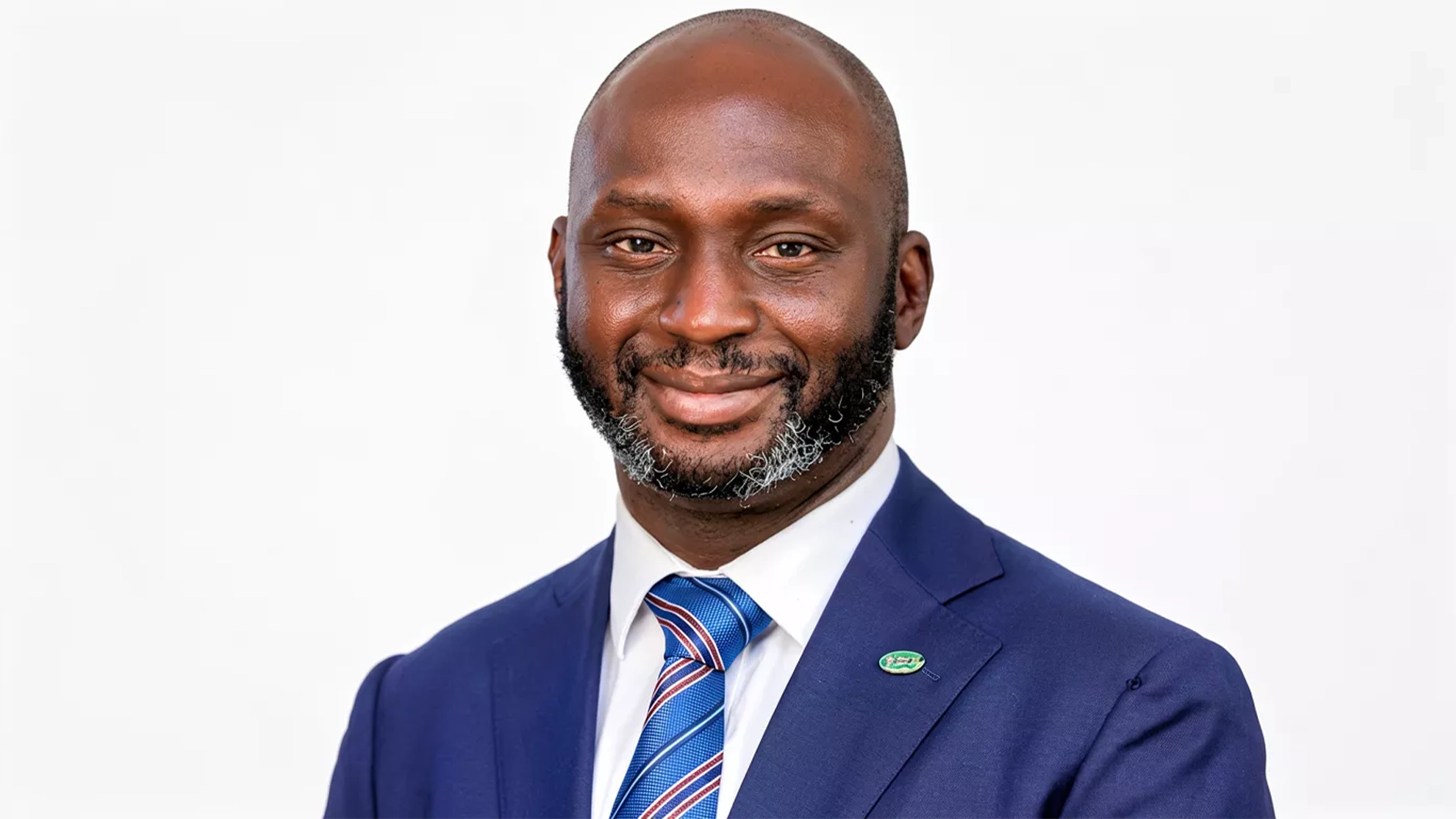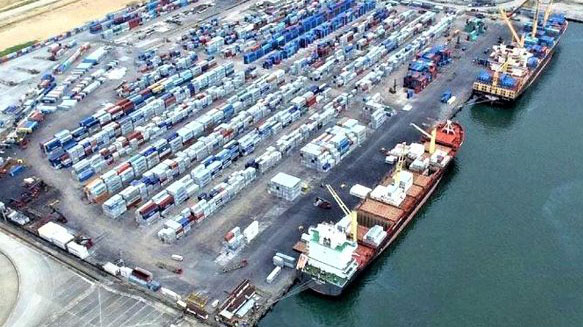The World Bank has approved $300 million in financing for the Solutions for the Internally Displaced and Host Communities Project (SOLID).
The initiative will enhance access to essential services and economic opportunities for internally displaced persons (IDPs) and host communities in selected local government areas (LGAs) in the north, a statement by the bank said.
By adopting an integrated development strategy, the SOLID Project seeks to help both IDPs and host communities move towards greater self-sufficiency and resilience, in line with Nigeria’s long-term development goals.
Ongoing conflict and insecurity in the north have forced more than 3.5 million people from their homes, putting significant strain on local infrastructure in areas where IDPs have settled.
The resulting population surge has led to limited access to services and increased vulnerability to natural disasters like flooding, with local governments unable to address the challenges and meet the needs of both residents and displaced populations.
The SOLID Project is expected to build on previous efforts by the Federal Government, international partners and the earlier World Bank-supported Multi-Sectoral Crisis Recovery Project (MCRP), which focused on short-term emergency recovery.
Key priorities for the project, the World Bank said, are developing and maintaining climate-resilient infrastructure, promoting social cohesion and community resilience through participatory development planning economic cooperatives and the integration of IDPs, supporting livelihoods to help both IDPs and residents initiate and sustain new economic activities as well as strengthening institutions to better respond to demographic changes caused by forced displacement.
“We are glad to support this initiative, which has tremendous potential to help Nigeria in addressing development challenges associated with protracted displacement in a sustainable way”, said World Bank Country Director for Nigeria, Mathew Verghis.
“The Project’s integrated approach, which is aligned with the National IDP Policy and the FGN’s long-term development vision, will ensure that IDPs and host communities can transition from dependency on humanitarian assistance to self-reliance and resilience, which will open up better economic opportunities,” he added.
The SOLID Project is expected to benefit up to 7.4 million people, of whom up to 1.3 million individuals are identified as IDPs. The project will be implemented through a coordinated, community-driven approach involving all tiers of government, with strong partnerships from international stakeholders.
By bridging the gap between emergency relief and long-term development, SOLID aims to help Northern Nigeria transition from crisis response to stability, resilience, and inclusive growth.
“This operation is central to tackling the enduring displacement crisis in Northern Nigeria. It reflects the urgency of addressing infrastructure gaps and service delivery challenges in host communities that were already strained before the influx of displaced populations. It will provide targeted livelihood support to help both displaced and host populations achieve sustainable economic outcomes,” task team leaders for SOLID, Fuad Malkawi and Christopher Johnson, said.






